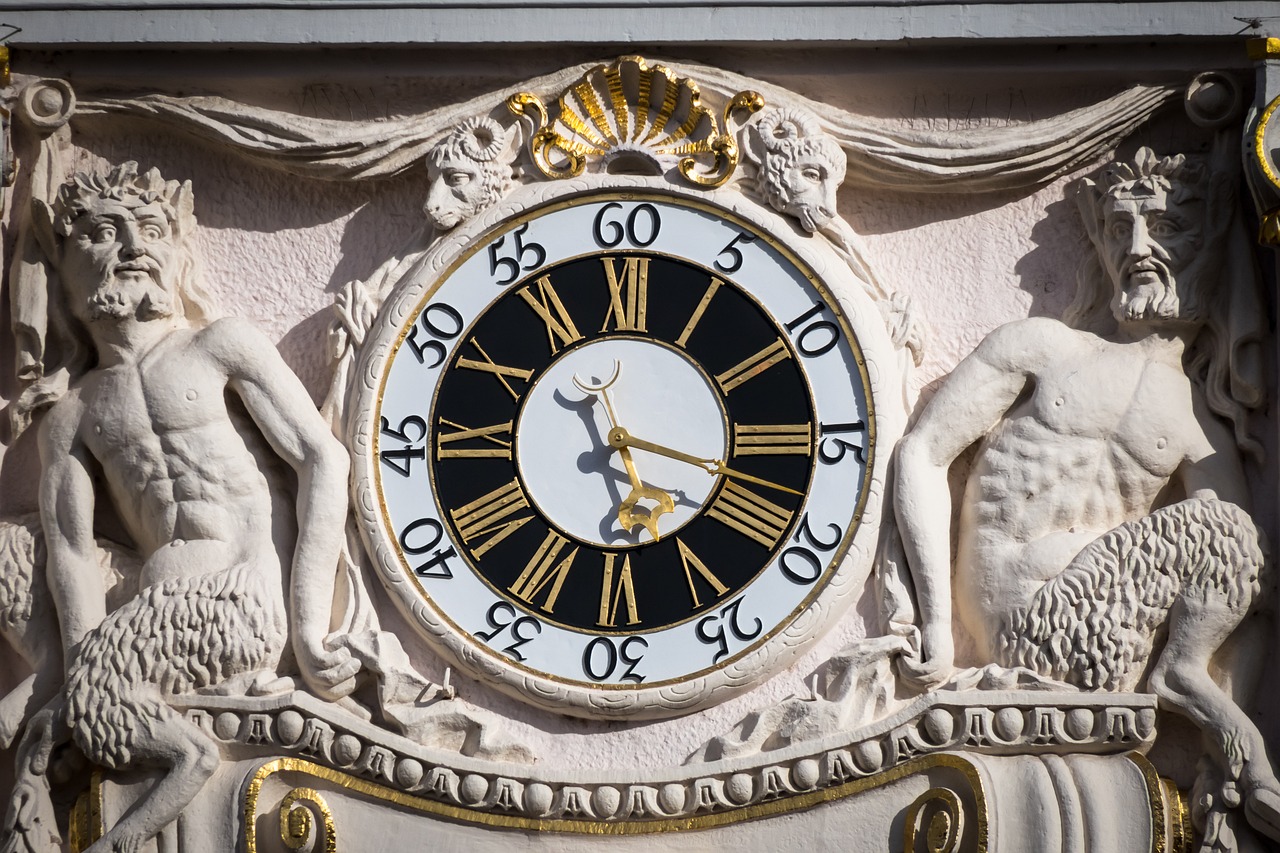Faunus, a horned god associated with the wilderness, meadows, and agricultural fields in ancient Roman culture, held additional significance as Inuus, particularly concerning the impregnation of cattle. Over time, he began to be linked to the Greek deity Pan in various literary works. Recognized as one of the early di indigetes in Roman religious tradition, Faunus was thought to be a mythical ruler of the Latin people, as mentioned by the epic poet Virgil. His spirit was called upon as a prophetic goddess named Fatuus, with oracles located on the Aventine Hill, at the sacred Tibur groves, and near the ancient Albunea fountain. According to Marcus Terentius Varro, the prophetic utterances were typically expressed in verses written in a Saturnian meter. Individuals who sought guidance would fall asleep in Faunus’ sacred areas, resting upon the wool of sacrificed lambs, from which they would receive future revelations through dreams and voices. Scholar W. Warde Fowler noted that Faunus may be associated with Favonius, one of the Roman deities linked to the winds, akin to the Greek Anemoi.
Legendary Roots
In myth, Faunus was depicted as a primordial king of Latium and was said to be the father of Latinus by the nymph Marica—who was sometimes considered his mother as well—making him the son of Picus and grandson of Saturn. His numerous contributions to agriculture and livestock earning him a revered status as a guardian deity of the land after his demise. His worship was connected to two other goddesses, Fauna and Fatua, who shared many of his attributes. There was a belief that Fauna might be viewed as his sister, wife, or daughter, often likened to the female deity Bona Dea.
Faunus, potentially derived from the Indo-European god analogous to the Vedic deity Rudra, was originally honored by Roman farmers before evolving into the nature god as we understand him. With the rise of Greek mythology in the third and second centuries BCE, Romans began to align their own deities with Greek counterparts—a process termed interpretatio romana. As such, Faunus was frequently equated with Pan, the pastoral goddess traditionally believed to inhabit Arcadia. Given Pan’s typical representations with horns, many artistic depictions of Faunus adopted this characteristic, though there remained a distinction in some beliefs that maintained both gods as separate entities. The poet Virgil noted these differences in his work, Aeneid, where he addressed both Faunus and Pan individually.
To honor Faunus, two festivals named Faunalia were celebrated: one on February 13 at his temple situated on an island in the Tiber River, and another on December 5, where local villagers presented him with small offerings and celebrated through communal dance.



